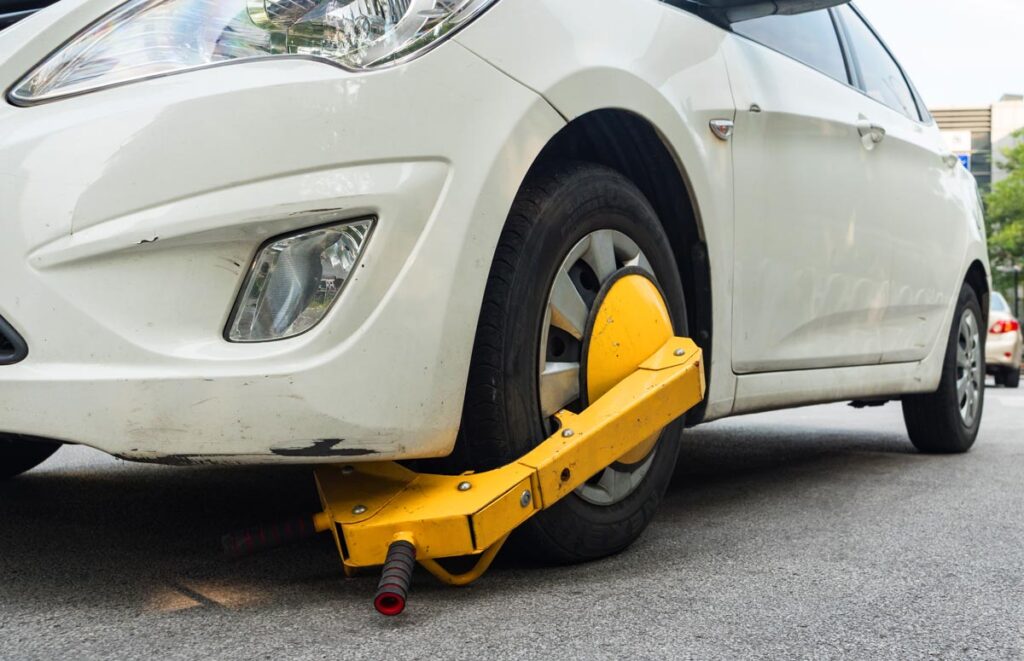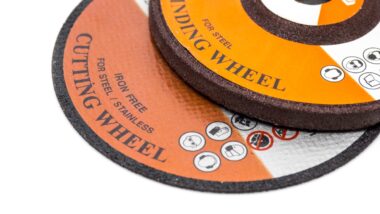Top Class Actions’s website and social media posts use affiliate links. If you make a purchase using such links, we may receive a commission, but it will not result in any additional charges to you. Please review our Affiliate Link Disclosure for more information.
This settlement is closed!
Please see what other class action settlements you might qualify to claim cash from in our Open Settlements directory!

Update:
- The claim deadline has been extended to April 17, 2023.
Secure Parking Enforcement, a Georgia parking enforcement business that places “boots” on vehicles for parking violations has established a fund of up to $2 million to settle a class action lawsuit accusing the company of unlawful vehicle booting over nine years.
The settlement class includes anyone who meets one of the following criteria:
- Owned or operated a vehicle Secure Parking Enforcement booted in Atlanta or Union City, Georgia, from Dec. 21, 2011, through Sept. 20, 2020
- Paid Secure Parking Enforcement to remove a boot from a vehicle within Atlanta or Union City from Dec. 21, 2011, through Sept. 20, 2020
- Parked a vehicle Secure Parking Enforcement booted in Atlanta or Union City from Dec. 21, 2011, through Sept. 20, 2020.
Booting, as defined in the lawsuit, means “the attachment of any boot, immobilization device or other instrument to the wheel, tire, or other part of a parked motor vehicle that restricts the normal movement or operation of such vehicle or otherwise prevents or substantially prevents the vehicle from being driven.”
The concept of “booting” cars that are illegally parked has undergone scrutiny in recent years. In December 2021, the Georgia Supreme Court ruled cars can only be booted in places that have ordinances that allow it, WSB-TV Atlanta reported. Previously, property owners were claiming that an 1886 law allowed landowners to seize and hold property that trespassed.
Of the parking settlement, $740,000 will be set aside for attorneys fees and reimbursement of expenses related to the class action lawsuit. The two lead plaintiffs will receive $7,500 each, and the settlement administrator will receive no more than $100,000.
Secure Parking Enforcement will pay up to $50 to any class member who files a valid and timely claim. The final payment amount may be adjusted based on the number of claims received.
In the parking and booting class action settlement agreement, the defendant denies wrongdoing; however, the company agreed to avoid ongoing costs and risks associated with ongoing litigation.
Class members may exclude themselves from the vehicle booting settlement by Dec. 19, 2022, an option that would allow them to individually sue the company. Class members may also object to the settlement by Dec. 19.
The final settlement approval hearing is set for Jan. 18, 2023.
To receive a payment, class members must complete and submit a claim form by April 17, 2023.
Who’s Eligible
Anyone who meets one of the following criteria:
- Owned or operated a vehicle Secure Parking Enforcement booted in Atlanta or Union City, Georgia, from Dec. 21, 2011, through Sept. 20, 2020
- Paid Secure Parking Enforcement to remove a boot from a vehicle within Atlanta or Union City from Dec. 21, 2011, through Sept. 20, 2020
- Parked a vehicle Secure Parking Enforcement booted in Atlanta or Union City from Dec. 21, 2011, through Sept. 20, 2020
Potential Award
$50
Proof of Purchase
Supporting documentation may include:
- Proof you owned or drove a vehicle that was booted by SPE
- Proof that you paid to have a boot removed by SPE
- Proof that the vehicle was booted in Atlanta, Georgia or Union City, Georgia
- Proof that the booting took place between December 21, 2011, to September 20, 2020
Claim Form
NOTE: If you do not qualify for this settlement do NOT file a claim.
Remember: you are submitting your claim under penalty of perjury. You are also harming other eligible Class Members by submitting a fraudulent claim. If you’re unsure if you qualify, please read the FAQ section of the Settlement Administrator’s website to ensure you meet all standards (Top Class Actions is not a Settlement Administrator). If you don’t qualify for this settlement, check out our database of other open class action settlements you may be eligible for.
Claim Form Deadline
04/17/2023
Case Name
Liotta, et al. v. Secure Parking Enforcement LLC, Case No. 22EV000598, in the State Court of Fulton County, Georgia
Final Hearing
01/18/2023
Settlement Website
Claims Administrator
Secure Parking Enforcement
c/o Atticus Administration
PO Box 64053
St. Paul, MN 55164
SPEclassaction@atticusadmin.com
888-230-0024
Class Counsel
Matthew Wetherington
WETHERINGTON LAW FIRM PC
Defense Counsel
Unknown
Read About More Class Action Lawsuits & Class Action Settlements:
- All-Clad ‘dishwasher safe’ false advertising $4M class action settlement
- Smashburger ‘double the beef’ false advertising $5.5M class action settlement
- Keurig ‘recyclable’ K-Cups false advertising $10M class action settlement
- Wesson oil false advertising $3M class action settlement
ATTORNEY ADVERTISING
Top Class Actions is a Proud Member of the American Bar Association
LEGAL INFORMATION IS NOT LEGAL ADVICE
Top Class Actions Legal Statement
©2008 – 2024 Top Class Actions® LLC
Various Trademarks held by their respective owners
This website is not intended for viewing or usage by European Union citizens.















One thought on Secure Parking Enforcement unlawful booting $2M class action settlement
I need an attorney